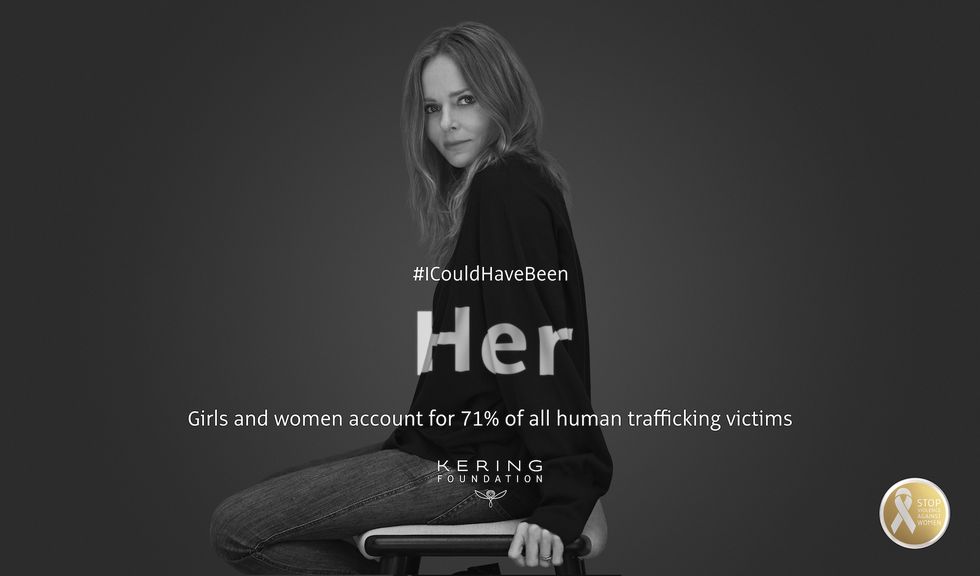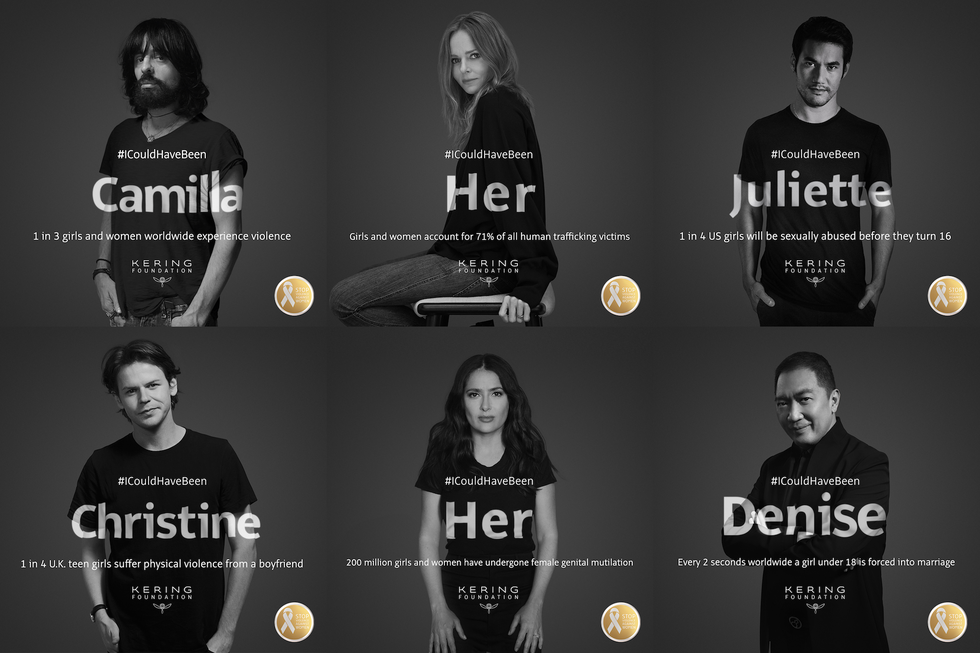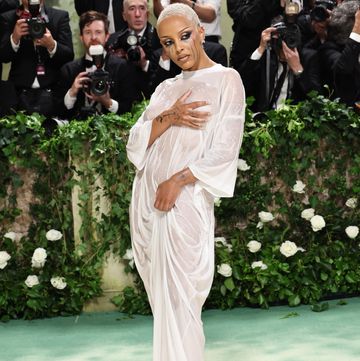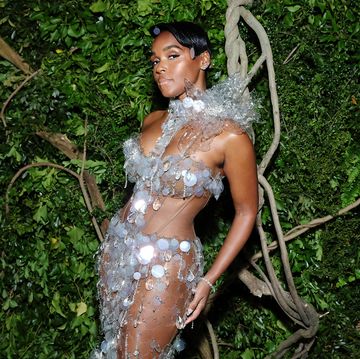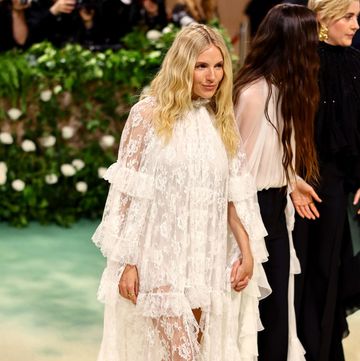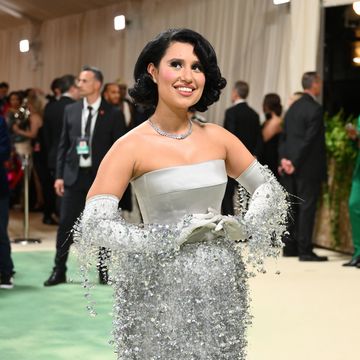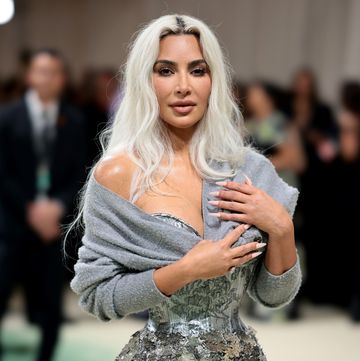You’ve heard of Balenciaga, Gucci and Saint Laurent, and beyond producing covetable clothes and accessories we’re happy to part with cash for, they have another major thing in common. They all belong to the Kering group.
With a roster of multi-million dollar brands comes great visibility. And with great visibility comes great power. Recognising that, the luxury conglomerate chose to use its visibility to its advantage - or, rather, the advantage of others, launching the Kering Foundation in 2008.
Since then, Kering has gone on to support the prevention of violence again women with a series of initiatives and outreach programmes (and star-studded campaigns featuring a number of familiar faces including Stella McCartney and Salma Hayak Pinault). All of their efforts come under one mandate: protect 1 in 3 girls and women worldwide whose lives are impacted by violence. More than that though, empower them; give them the tools to educate, excite and engage themselves and others.
That’s exactly what the Foundation has established in the past 10 years, and what it will continue to do, as set-out by Chairman and CEO of the luxury group, François-Henri Pinault, on Tuesday. ‘We will continue the fight,’ Pinault said from Kering’s headquarters in Paris. ‘I want the Kering Foundation to explore new fields of action.’
This means launching a number of Gen Z-focused projects globally, on top of its existing international partnerships (with Solidarité Femmes in France, D.i.Re in Italy, Women’s Aid in the UK and NNEDV and NAESV in the US). ‘I truly believe Gen Z can make change happen,’ said Celine Bonnaire, Executive Director of The Kering Foundation. Given that Gen Z make up 25% of the population of the US alone, that’s no small impact…
And hey, if you were born between 1995 and 2012, that’s you.
Just as The Kering Foundation supports grassroots education programmes, like Project DOT in New York, you can too. ‘Going forward, the Kering Foundation will support programs that challenge harmful belief systems and in particular, the question of masculinity,’ said Bonnaire on Tuesday, addressing how we can quash toxic notions of masculinity and work for equality from the ground up.
Project DOT (Dream. Own. Tell), along with Promundo and Chayn, show how, with the support of The Kering Foundation, that kind of change is possible - and how exciting and creative the process of making change is.
Project DOT, run by New York City Alliance Against Sexual Assault, is one example, equipping and empowering young people aged between 13 and 21 to create campaigns, radio shows and art that encourage a dialogue on consent and healthy sexual practices.
‘The kids use the hashtags “#everybodytoldme…but #nobodytoldme” to share with viewers the harmful advice, messages, and knowledge that society (adults, peers, media) has told them and then what they wish someone really shared with them,’ says Senior Prevention Coordinator, Christina Ortiz. ‘For example, #everybodytoldme sex should flow, but #nobodytoldme I’m allowed to say no”. These campaign messages can be found on our Instagram page: @nycalliance.’
While The Kering Foundation continues to support programmes like Project DOT, alongside educating the staff behind the world’s blockbuster fashion brands (since 2010, its trained over 1,200 employees on how to address domestic violence), we can do our bit too.
How? By supporting The Foundation’s white Ribbon For Women campaign against cyberbullying (shockingly, women are 27 times more likely to be bullied online than men). You can also get on board with the #IDontSpeakHater hashtag, and support the art of young people and survivors of abuse, like those enlisted in Project DOT by engaging with their own Insta.
Here’s to another decade of The Kering Foundation’s activism - and working together to fashion a better future.

